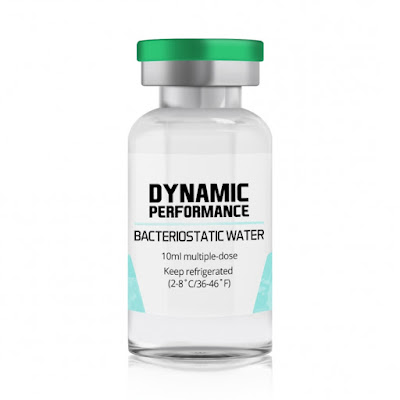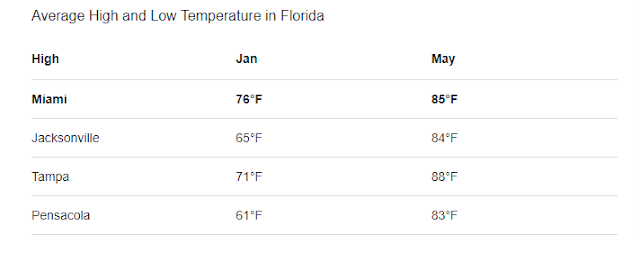How to Make Your Own Bacteriostatic Water
Over the past decade, a lot of information has become available to the common person. The quest to improve cognitive capabilities has always been something that has been intriguing to humans. To this end, there are several natural products that have been touted to help people achieve this endeavour.
Some
of these substances, such as the drug Semax, they arrive on our shores as dried
products. This means they have to be reconstituted for them to be injected into
the body. This may be the reason why you need bacteriostatic water, but it’s
not the only one.
Whatever
your need is, you realize that the prices for each vial are probably outright
theft disguised as capitalism. The good news is, you can make your own right in
the comfort of your home. But how?
What you will need.
For
this, there isn’t much that you need to get you going. However, you will need
all of these to help you actually get the right product. These are;
·
Distilled or sterilized water. For the best results,
distilled water would be the best option.
·
Empty vials that have been sterilized.
·
Insulin syringe to help make the correct measurements.
·
Benzyl alcohol as the preservative.
·
Alcohol prep pads.
Getting down to business.
The
main purpose of bacteriostatic water is to reduce the chances of bacteria
growing in the water, and as a consequence infection from the bacteria from
happening. Bacteria is present on almost of surfaces on earth and even in the
most sterile compounds. The difference is the level of bacteria in the water.
The
purpose of the benzyl alcohol is to suppress the growth of bacteria in the
water, thus helping to keep it sterile for long periods of time.
1. The first step will be to
use the alcohol pads to wipe clean the tops of the vials. This is to prevent
any bacteria that exists on the surface from going into the vial. Do the same
for the benzyl alcohol container.
2. Making bacteriostatic
water requires concise measurements to get the right results. For this purpose,
the ratio of benzyl alcohol to the distilled water should be at 0.9 percent. That
means that if you want 10 ml of bacteriostatic water, 9.91 ml of the mixture
should be water, and 0.09 ml should be benzyl alcohol. For 100 ml of
bacteriostatic water, the ratio ill be 99.1 ml of distilled water to 0.9 ml of
benzyl alcohol.
3. Draw out whatever amount
you require and add them to the vials you are going to be using. At this point,
you basically have yourself bacteriostatic water. If you are still not
convinced, you can go ahead to the next steps.
4. You can boil the mixture
for added sterilization. Do this for 60 seconds and the use a 0.02 um filter to
clear out any microscopic impurities that you don’t want in your mixture. You
will also need to draw the water and pour into sterile vials while the
temperature is still above 60 degrees centigrade.
The
process for making bacteriostatic is simple. It is the hygiene and sterile
standards you use that will determine whether you give yourself an infection or
not.



Comments
Post a Comment